Book Launch: Follow the Trend of Times: Review and Prospect of Japanese Studies at Nankai University
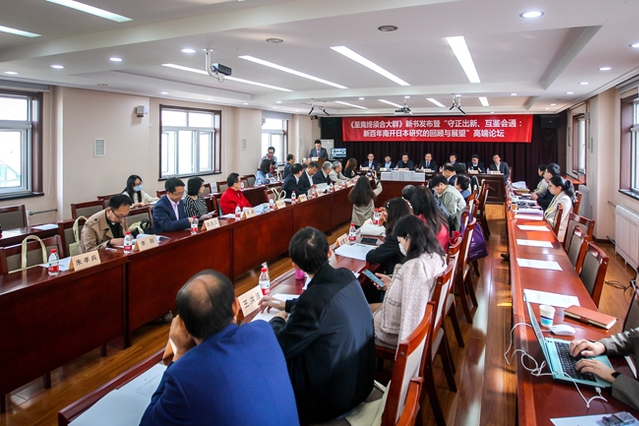
On October 9, when the first anniversary after the 100th birthday of Nankai University approaches, the book launch Follow the Trend of Times: Review and Prospect of Japanese Studies at Nankai University, which was also a high-end forum entitled Keep the Tradition, Put Forth the Fresh, Maintain Mutual Learning and Communication: Review and Prospect of Japanese Studies at Nankai University in the New Era was held at Nankai University.
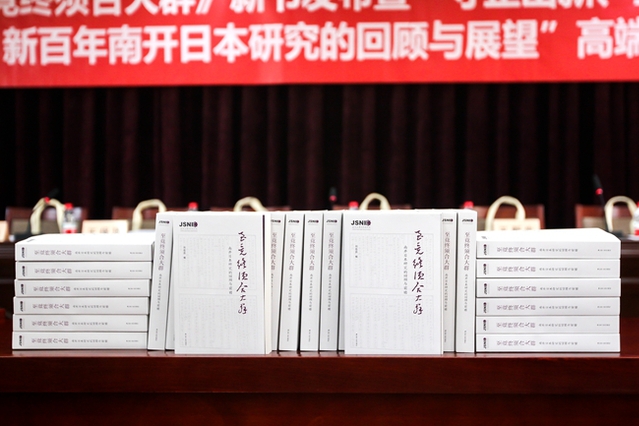
Compiled by Professor Liu Yuebing, Principal of Japan Institute of Nankai University, this book is a natural extension of the 19 volumes in the first series of the Nankai Centennial Library of Japanese Studies. The book is the natural extension content of the first series (19 volumes) of the “Nankai’s Library of Japanese Studies in the Past 100 Years.” The book includes in-depth analysis from authoritative scholars in the related fields of Japanese studies in China towards the authors and the work in the 19 volumes. The Nankai Preliminary Draft of Historical Materials on Japanese Studies (1898-1949) in this book firstly presents a complete picture of Japanese studies at Nankai University in the 50 years before the founding of the People's Republic of China and the relationship between Nankai University and Japan. This book is of great significance for understanding the tradition and the present situation of Japanese Studies at Nankai University and its status in the field of Japanese Studies in China.
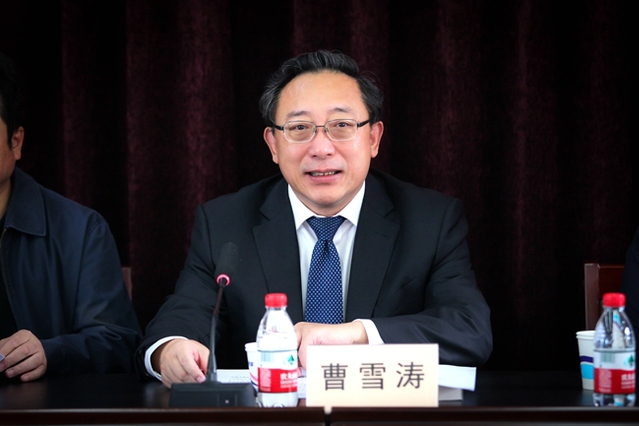
Cao Xuetao, President of Nankai University, made a speech at the book launch. He said that during this crucial period when Nankai University is pushing forward the Double First-Class Initiative, the publication of the book represents a generous gift to Nankai University in the centennial anniversary.

“Thank you very much for your help and support. In Chinese academia, as a Japanese researcher in Nankai University, I feel increasingly honored and proud.” Liu Yuebing introduced at the book launch conference, “Japanese researchers like us in Nankai University need to keep pace with the times to live up to the honor and pride of responsibility.”
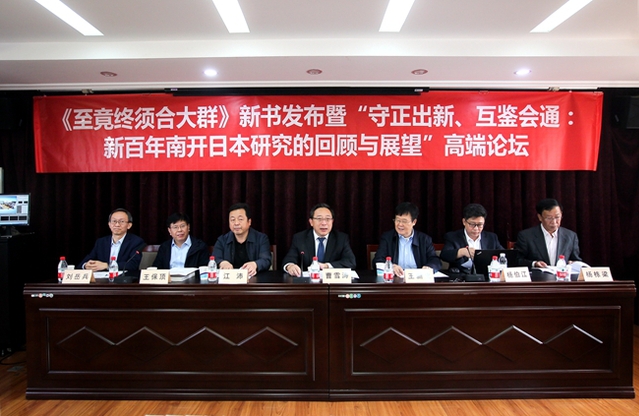
The important historical events of Sino-Japanese relations in modern times not only deeply influenced the development of Nankai University, but also left a deep impression on its history. The relationship between Nankai University and Japan is a miniature of the relationship between China and Japan since modern times.
At that day, the Japan Institute of Nankai University and the World Modern History Research Center of Nankai University jointly held the high-end forum, discussing the traditions and characteristics of Japanese Studies at Nankai University and how to deepen Japanese Studies in China with attended experts and scholars.
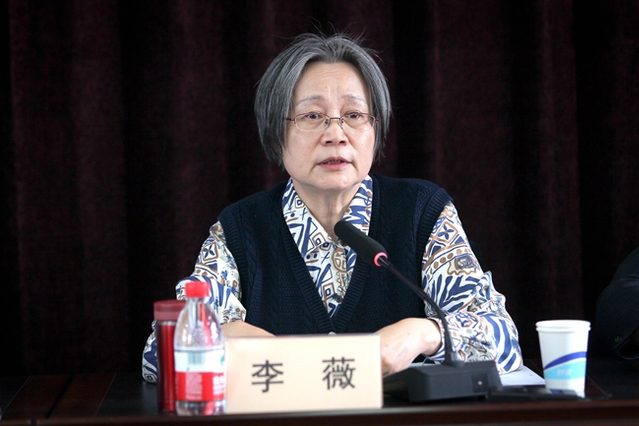
Li Wei, former principal of the Institute of Japanese Research of CASS, said at the forum: “with a sense of belonging to the discipline, we can have a sense of determination in our research.”

Focusing on system and institution problems, Wang Xinsheng introduced and analyzed the politics, agriculture, economy and foreign policy of Japan in detail through massive cases.
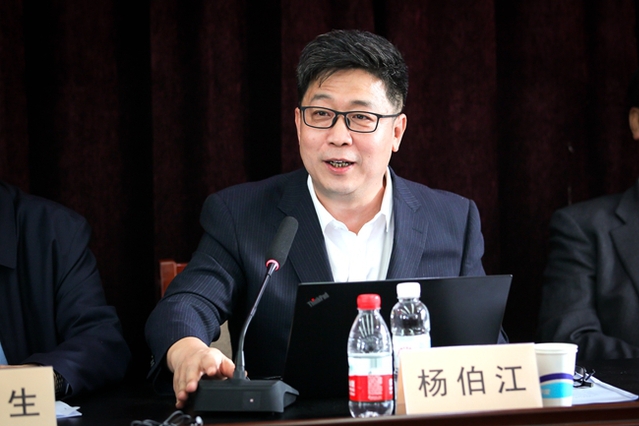
In a report with the theme of Integration of Country study and Overall Research, Yang Bojiang analyzed the evolution of the middle powers under the new change and the Enlightenment to Japanese research.
Since its founding in 1919, Nankai University has always attached great importance to Japanese studies. In 1964, Nankai University set up the Research Office of Japanese history; in 1988, the Japanese Research Center was established and materialized in 2000; in 2003, the Japanese Research Institute was established.
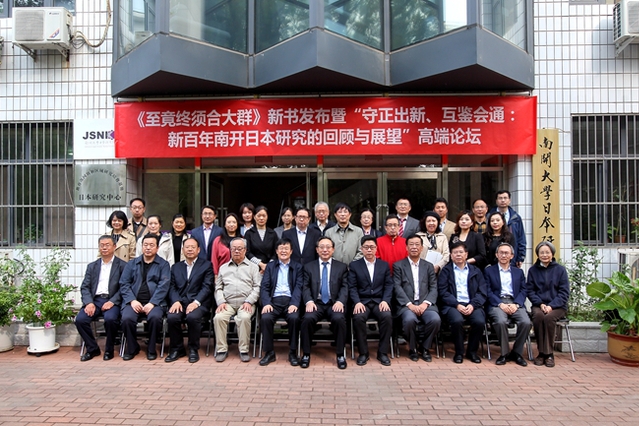
By 2018, Nankai University has trained 145 postgraduate students and 146 doctoral students majoring in Japanese history, making it an authentic center for Chinese Japanese history research and talent cultivation that live up to its reputation. Tremendous achievements accordingly merged, such as A History of Japan (Nankai University Press, 1994) edited by Wu Tingqiu, A Series of Books on the Course of Japan’s Modernization edited by Yang Dongliang (World Affairs Press, 2010), the six-volumes View of China from Modern Japan (Jiangsu People's Publishing, 2012), and Nankai’s Library of Japanese Studies in the Past 100 Years edited by Liu Yuebing (Volume 1, 19, Jiangsu People's Publishing & Nankai University Press, 2019).
(Reported by Jingqiu Hao, Photographed by Qiqi Zong, Translated by Yuhan Xie, Edited by Davide Francolino and JianjingYun)









